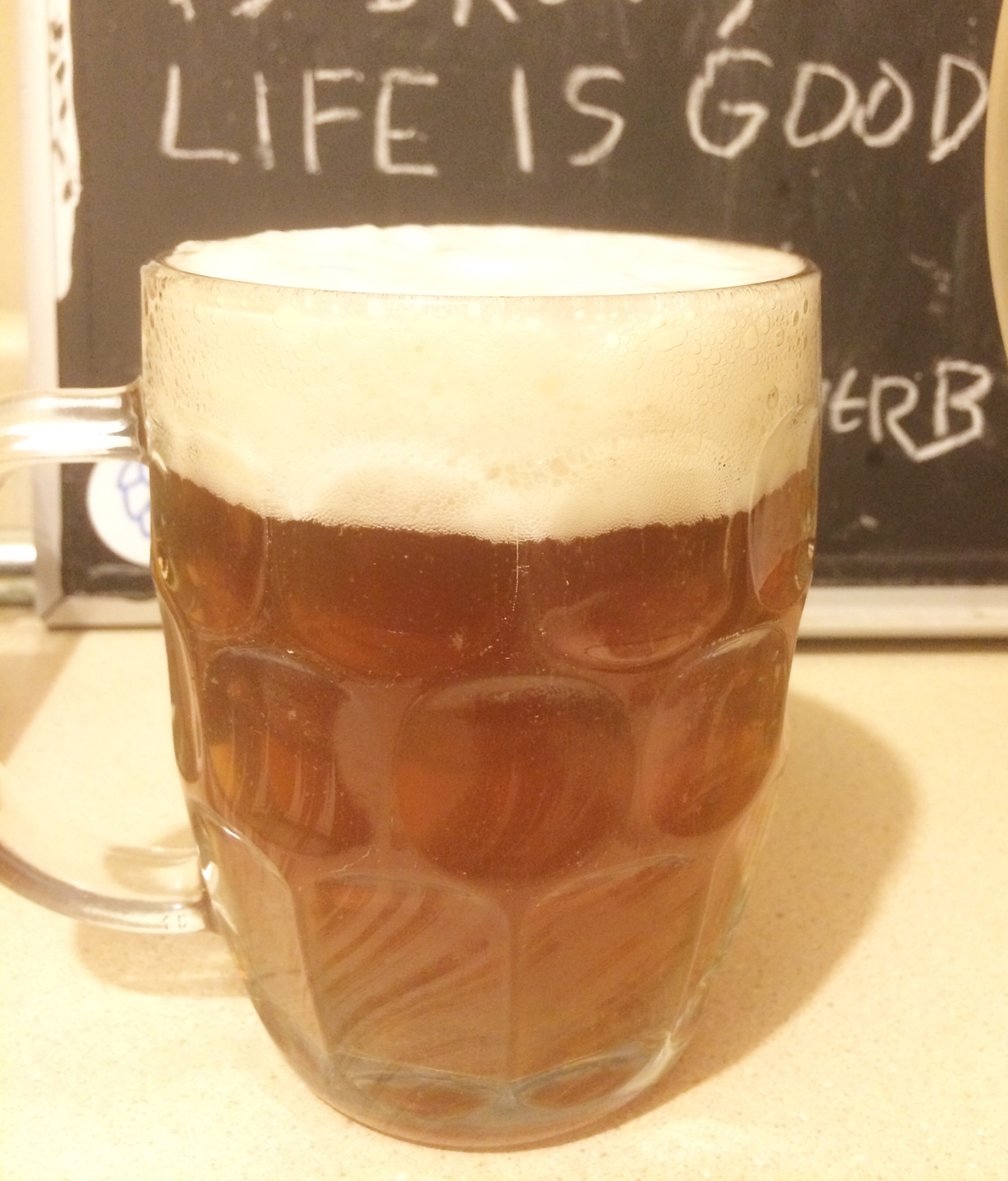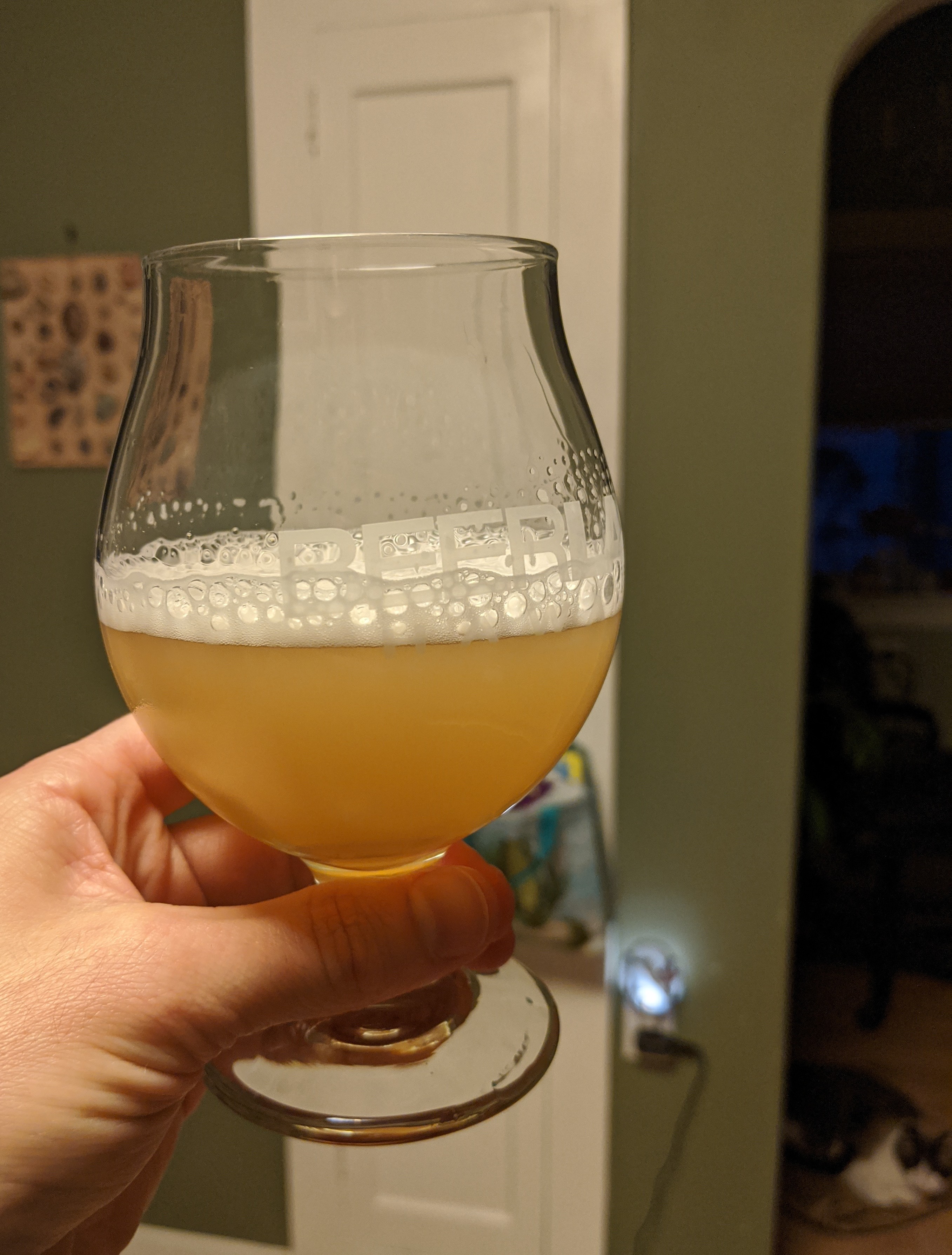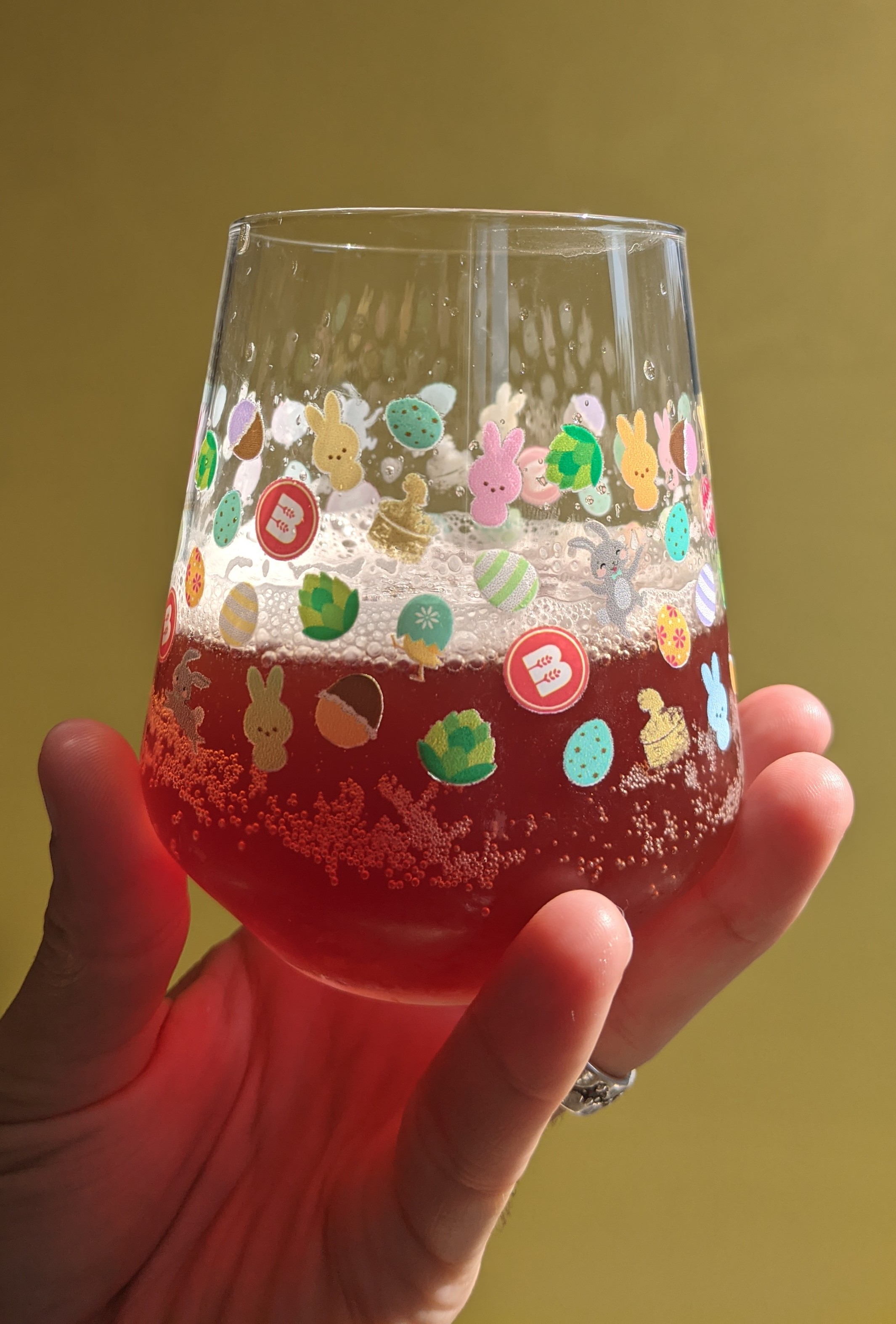I can recommend the following:
88.8% Pilsner
5.6% Weyermann melanoidin
5.6% Weyermann caramunich II
Mash for full body
FWH with Pearle to 24 IBU
I fermented this with Saflager S-23 at 55 for 3 days, then 57 for 3 days, after this 68 till FG was reached, then cold conditioned at 32 till clear.
I targeted 9 Plato, if you want to go below that the mouthfeel that comes from a little diacetyl might benefit this beer, so a Czech yeast seems like an excellent choice.
88.8% Pilsner
5.6% Weyermann melanoidin
5.6% Weyermann caramunich II
Mash for full body
FWH with Pearle to 24 IBU
I fermented this with Saflager S-23 at 55 for 3 days, then 57 for 3 days, after this 68 till FG was reached, then cold conditioned at 32 till clear.
I targeted 9 Plato, if you want to go below that the mouthfeel that comes from a little diacetyl might benefit this beer, so a Czech yeast seems like an excellent choice.







![Craft A Brew - Safale BE-256 Yeast - Fermentis - Belgian Ale Dry Yeast - For Belgian & Strong Ales - Ingredients for Home Brewing - Beer Making Supplies - [3 Pack]](https://m.media-amazon.com/images/I/51bcKEwQmWL._SL500_.jpg)























































